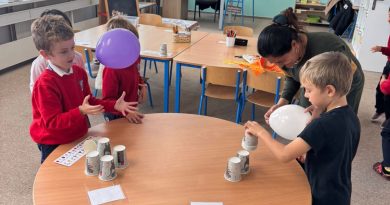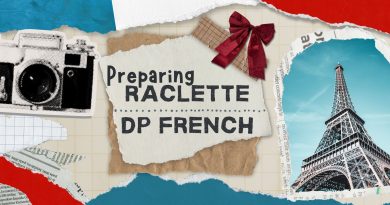Happily Ever After…Why We use Fairy Tales in the Early Years Program
“Once upon a time there was…” the magic words that start many a fairy tale and transport us back in time to our childhoods, and the fantastical world of our imagination, where beautiful, yet fragile, princesses are able to defeat all the obstacles that cross their paths, including big scary and dangerous dragons. Do you remember how happy and excited you felt when someone you loved took the time to read you a fairy tale? Chances are that you probably haven’t read that fairy tale in a while, yet, you would easily be able to retell it in a wink of an eye. This is undeniable proof that fairy tales are memorable and that they continue to live in our minds long after we hear or read the classic phrase: “And they all lived happily ever after.”
Fairy tales provide children with a safe and familiar context to learn a foreign language like English. Most children will have come into contact with fairy tales in their native language. Thus, when they hear a fairy tale in English, understanding the text is no longer a problem as they already know the story. The child’s brain is then able to focus on the new language rather than deciphering the storyline. This gives the child a comfortable context in which to use his/her new language skills.
Fairy tales provide many other opportunities for learning outside of language development. Fairy Tales provide a context to discuss right from wrong, consequences of choices, and many more critical thinking skills. Discussing a character’s choices is a safer way for children to talk about right and wrong as it doesn’t involve them directly.
Fairy Godmothers, talking animals, flying children – anything is possible in a Fairy Tale! The world needs more imaginative and creative thinkers. When minds are opened to all sorts of ideas and possibilities, children develop an out-of-the-box thinking style. When presented with a problem or challenge, children with vivid imaginations will come up with wonderfully unique ways to overcome those challenges. These problem- solving skills are in demand in our fast paced, ever-changing world.
Children enjoy retelling and acting out fairy tales. These opportunities build social skills and confidence. While retelling and re-enacting a story, a child is in control of the story and events and it allows them to feel safe and in control which supports emotional growth.
“If you want your children to be intelligent, read them fairy tales. If you want them to be more intelligent, read them more fairy tales.” -Albert Einstein



